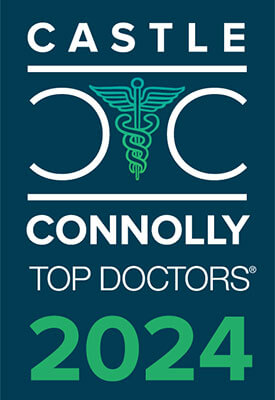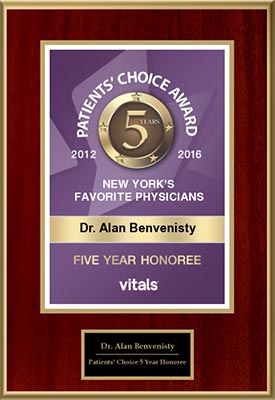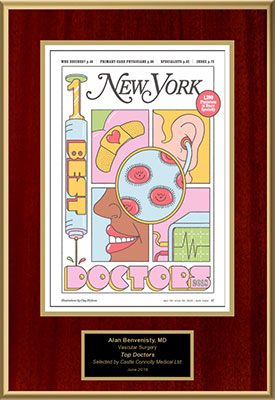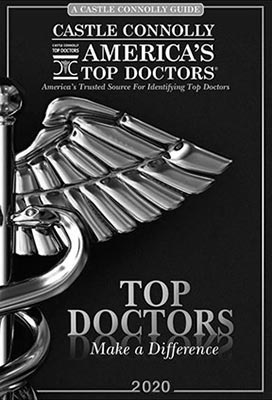Kidney Dialysis
In short, when kidneys can no longer perform effectively, dialysis is a replacement treatment that works to keep the body in balance by filtering waste, maintaining appropriate levels of potassium, sodium, bicarbonate and controlling blood pressure. For the most part, physicians suggest dialysis when kidneys lose up to 90 percent of their ability to function and have a glomerular filtration rate (GFR) of less than 15. While dialysis is administered temporarily for some patients, others depend on dialysis therapy permanently.
Dialysis consists of two types—hemodialysis and peritoneal dialysis. An artificial kidney, or hemodialyzer, is used in hemodialysis to function as a normal kidney, removing waste, chemicals and fluid from the blood. In turn, blood is cleaned inside the body using peritoneal dialysis, with two main options, including continuous peritoneal dialysis and automated peritoneal dialysis.
While the main advantage for hemodialysis is that patients generally have four dialysis-free days each week, treatment is administered in a dialysis clinic, meaning regular travel is necessary. In turn, each treatment can last up to 4 hours. Thus, patients must plan their lives around treatment and must also carefully monitor their diet and fluid intake. Side effects of hemodialysis may include low blood pressure, sepsis, muscle cramps, itchy skin, insomnia, joint pain, erectile dysfunction, dry mouth and anxiety.
With portable dialysis equipment and fewer restrictions overall, patients receiving peritoneal dialysis are not required to travel to a treatment clinic, as dialysis can be done at home or even at work. Those receiving continuous peritoneal dialysis benefit from portable equipment, yet they must perform dialysis everyday. Automated peritoneal dialysis, on the other hand, allows patients to spend their days dialysis-free, but they must have a dialysis machine at home, including all of the equipment. Some see this as an inconvenience. Side effects and potential complications from peritoneal dialysis include: bacterial infection (peritonitis), hernia and weight gain.
Without question, kidney dialysis is a life-saving treatment for many individuals suffering from chronic kidney disease, renal failure and end stage renal failure. Yet, it is also life-changing as patients adjust to a new normal, consisting of new routines and many tests.
Dr. Alan I. Benvenisty, MD has been instrumental in helping patients avoid the inconveniences associated with dialysis by navigating the system in regards to treatment. Whenever possible, he works to help individuals avoid dialysis and maximize their quality of life. If you or a loved one is suffering from chronic kidney disease (CKD) and/or renal failure, contact Dr. Benvenisty at his New York City office on Amsterdam Avenue.
Dialysis Access Options and Procedures
For individuals suffering from decreased kidney function or failure, dialysis is administered to restore kidney function temporarily or, in some cases, permanently. Whether patients are receiving hemodialysis or peritoneal dialysis, an access, or entrance is required to begin their dialysis treatment. Vascular surgeons obtain access in three ways: using a catheter, an AV (arteriovenous) graft or an AV (arteriovenous) fistula.
When a catheter is used for dialysis access, it is inserted into a large vein located in the neck or near the collarbone. However, this is not a long-term option due to an increased chance of infection. An AV graft is used to connect a vein to an artery. The graft is formed using a soft, plastic tube. Hemodialysis can be administered once the graft has healed. Grafts require careful attention and care so that problems do not arise. Perhaps the best and most preferred type of dialysis access is the AV fistula, which connects an artery and a vein. Used in hemodialysis treatments, there is a minimal risk of infection with the fistula once it is strong, and patients may benefit from years of treatment with the fistula.
Determining the appropriate treatment method for chronic kidney disease involves careful consideration of the patient’s health, anatomy and lifestyle. While dialysis is rarely a first option, Dr. Benvenisty’s expertise in dialysis access, along with his dedication to treating patients as individuals, helps many adjust to the newness of life with dialysis. To schedule an appointment with Dr. Benvenisty, contact our New York City office on Amsterdam Avenue today.







